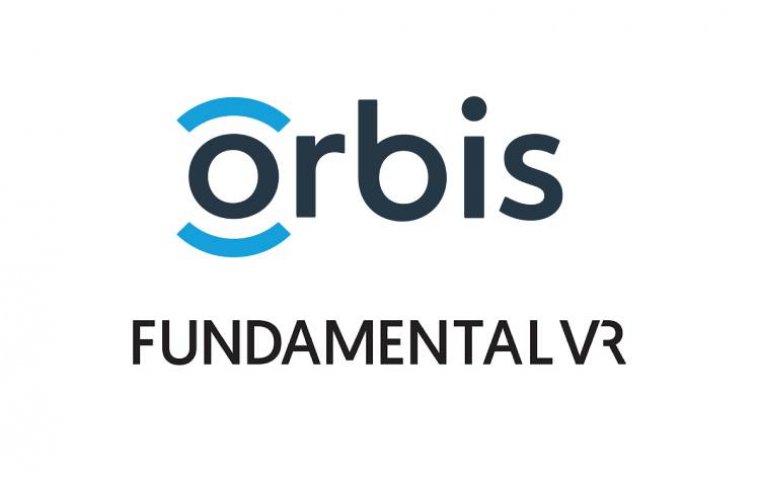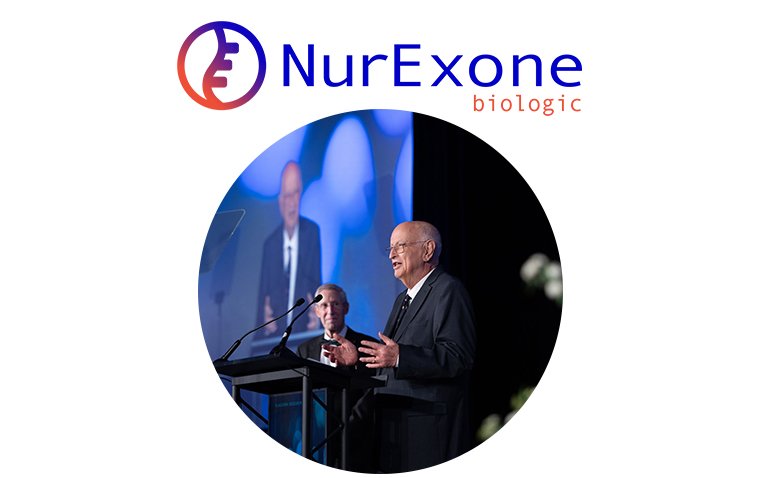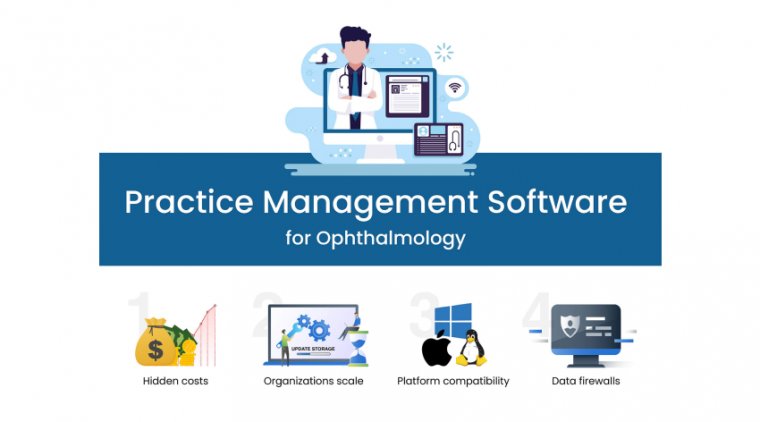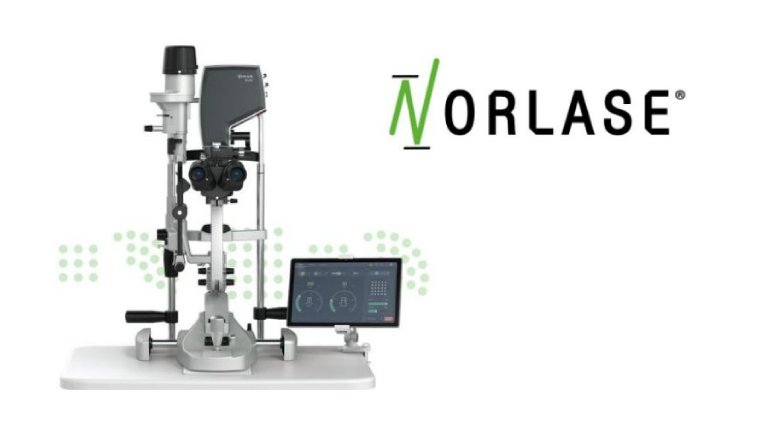
Orbis and FundamentalVR Launch Innovative VR Solution for Cataract Surgery Training
At the annual meeting of the American Society of Cataract and Refractive Surgery (ASCRS) in Boston, Orbis International, together with FundamentalVR, introduced a virtual reality (VR) training tool. This immersive VR solution is especially designed for use in low- and middle-income countries to aid students and residents in mastering cataract surgery techniques. This innovation is set to increase the pool of proficient healthcare providers and enhance patient outcomes.
The new device is noted for its affordability, portability, and scalability. These features, along with its specific functionality, mark a significant step forward in the field of ophthalmic surgical education and support Orbis's mission to establish robust, sustainable eye care systems globally.
Collaboration Between Orbis and FundamentalVR
Orbis, a leading global nonprofit in eye care, has partnered with FundamentalVR, a firm that specializes in VR surgical training technologies. Their collaborative creation utilizes VR, haptic feedback, cloud assessment data, and readily available hardware, forming an effective training module for cataract surgery in settings with limited resources. The immersive VR simulation, combined with haptic technology, offers eye care professionals a highly realistic training experience where they can practice intricate surgical procedures repeatedly.
Enhancing Surgical Skills Through VR
Dr. Hunter Cherwek, Vice President of Clinical Services and Technologies at Orbis, highlighted the significance of this development. "Most existing simulation training tools are costly, hard to transport or source, and are designed for surgical methods mainly used in high-resource environments," he explained. "With FundamentalVR, we've developed a VR solution that brings essential training within reach, regardless of geographic location."
The tool promotes independent learning by providing automated performance tracking and feedback, which is crucial for medical professionals who lack traditional training opportunities. This realistic simulation allows trainees to perfect their skills in a risk-free setting before performing actual surgeries, thereby improving surgical outcomes.
Richard Vincent, co-founder and CEO of FundamentalVR, also commented on the collaboration, "Our partnership with Orbis International not only demonstrates our commitment to advancing ophthalmology but also showcases the vast potential of VR in enhancing educational environments for healthcare professionals globally."
The technology's reliance on economical gaming hardware enhances its financial accessibility for partners in resource-constrained areas. It focuses on manual small-incision cataract surgery, the predominant technique in these regions, thus better preparing practitioners to serve their communities.
Global Deployment and Future Prospects
The VR tool is already in use at partner hospitals in countries such as Bangladesh, China, Mongolia, Ethiopia, and India. In Bangladesh, there are ongoing efforts to integrate this simulation technology into the national ophthalmology training curriculum, positioning the country as a pioneer in mandated simulation use for eye care education.
The device was spotlighted in a recent campaign illustrating how the metaverse is revolutionizing various sectors, including healthcare.
Looking ahead, Orbis plans to extend the use of VR technology for training on other eye conditions like glaucoma and strabismus, aiming to broaden global access to quality eye care.
This initiative has been supported by the Silicon Valley Orbis Innovation Fund, backed by philanthropists such as John A. and Susan Sobrato, Connie and Bob Lurie, Dr. David F. and Victoria A. Chang, and the ASCRS Foundation.
Understanding Cataract Surgery
Cataract surgery is a medical procedure that involves the removal of the eye's natural lens when it becomes clouded, a condition commonly known as a cataract. This cloudiness can lead to a significant decrease in vision and is most commonly due to aging, but other factors like diabetes, eye injury, or prolonged exposure to ultraviolet light can also contribute to its development. During the surgery, the clouded lens is replaced with a clear artificial lens called an intraocular lens (IOL).
This surgery is generally performed using minimally invasive techniques and is widely regarded as safe and effective, offering individuals the potential to regain much of their lost vision. As one of the most frequently performed surgeries worldwide, cataract removal is a critical procedure that can dramatically improve the quality of life for patients suffering from this degenerative eye condition.
(1).jpg)










